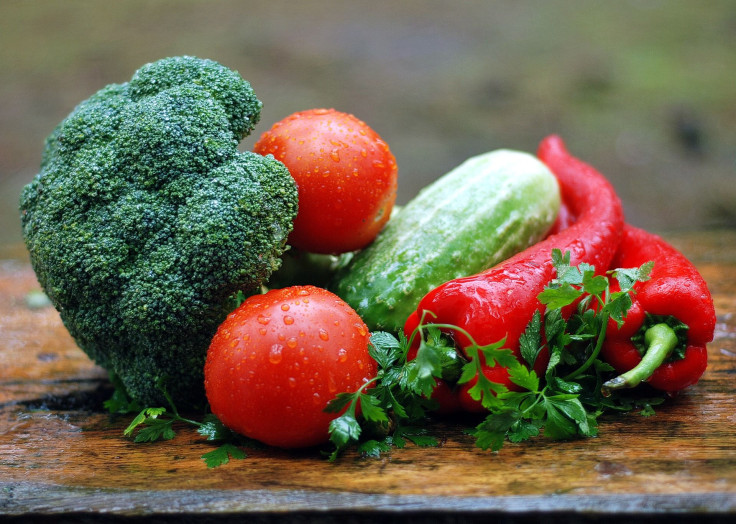Bacteria Tricking Plants' Defenses To Create Foodborne Pathogens

KEY POINTS
- Researchers discovered how bacteria can circumvent the defense mechanisms of plants
- Certain strains of Salmonella can open the breathing pores of plants
- Bacteria can't be washed off once they have entered and infected the plants
Researchers warned that certain types of bacteria could circumvent the natural defenses of plants, leading to a potential foodborne pathogen. The researchers noted that washing the plants will not get rid of the bacteria.
Diseases that spread through the consumption of food are often caused by opportunistic bacteria such as Salmonella, E. coli and Listeria. In most cases, the bacteria latch onto raw beef, poultry and vegetables and cause foodborne illnesses.
In a new study, researchers from the University of Delaware discovered how some types of bacteria could beat the defense mechanisms of plants in order to invade their systems. According to the researchers, they learned that wild strains of Salmonella could forcibly open up the breathing pores of plants known as stomates.
Stomates are tiny kidney-shaped openings on the leaves of plants that regularly open and close. These natural features enable plants to breathe and cool off. When stomates detect the presence of bacteria and other potential threats, they close up to prevent the plant from getting infected.
According to researchers, the wild strains of Salmonella have developed a way to reopen stomates that have closed. Once inside the plants, the pathogens can’t be washed away. This means that vegetables and other edible plants could still be in danger of carrying Salmonella even after they have been washed and prepared for consumption.
“The food industry works tirelessly to make the product as safe as they can,” Kali Kniel, the co-author of the study, said in a statement. “But even then, we are growing these products outside, so they’re accessible to wildlife, wind, dust and water that may transmit microorganisms. It’s a tough situation.”
The researchers noted that one of the reasons why strains of Salmonella are now capable of opening closed stomates is due to the weakened defense system of plants. Usually, constant breeding of plants in order to increase yield could take a toll on their defense mechanisms, making them more vulnerable to opportunistic bacteria.
“What’s new is how the non-host bacteria are evolving to bypass plant immune response,” the study’s co-author Harsh Bais explained. “They are real opportunists. They are absolutely jumping kingdoms. When we see these unusual interactions, that’s where it starts to get complex.”
The study conducted by the researchers was published in the journal Frontiers in Microbiology.
© Copyright IBTimes 2025. All rights reserved.





















